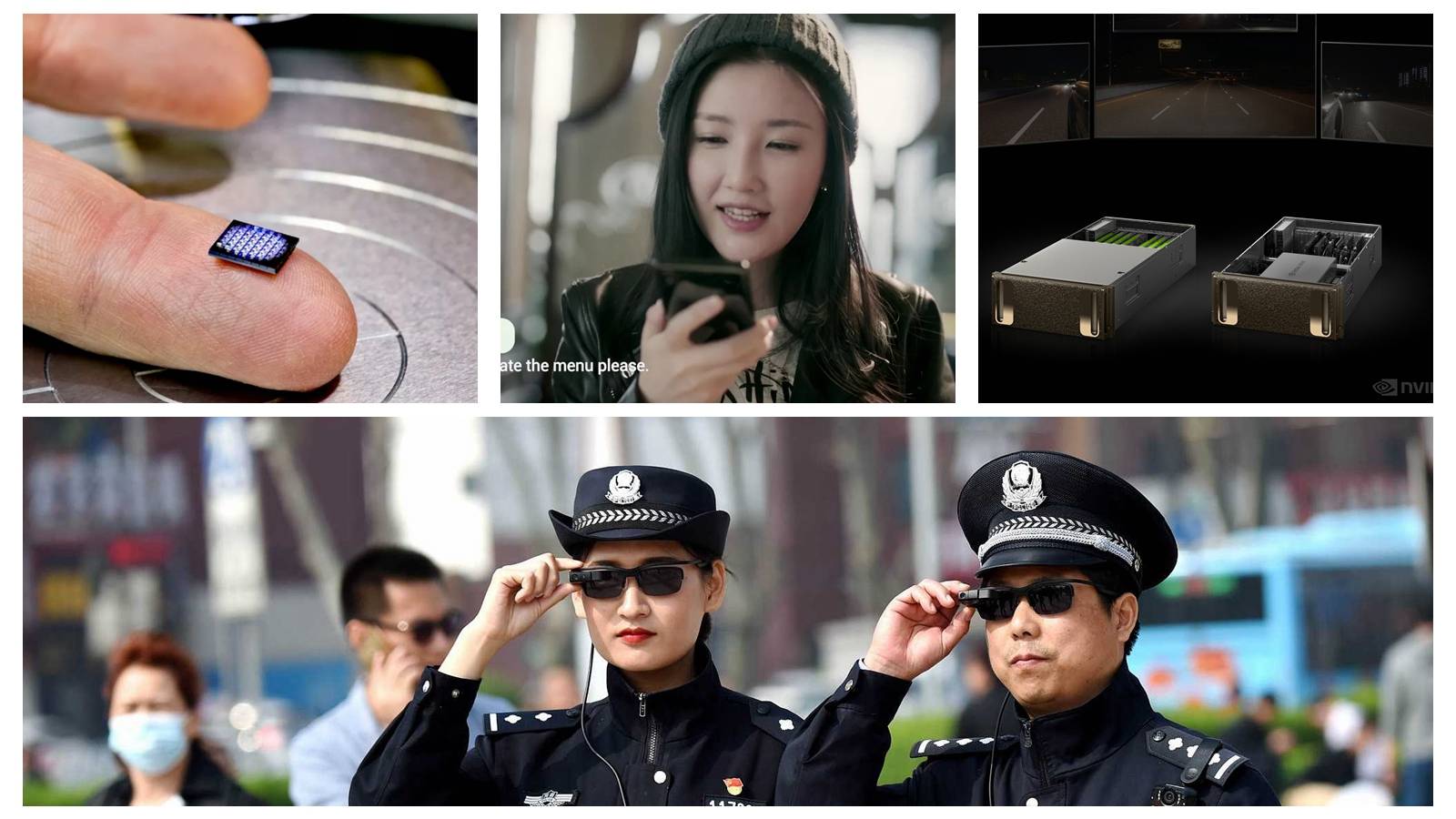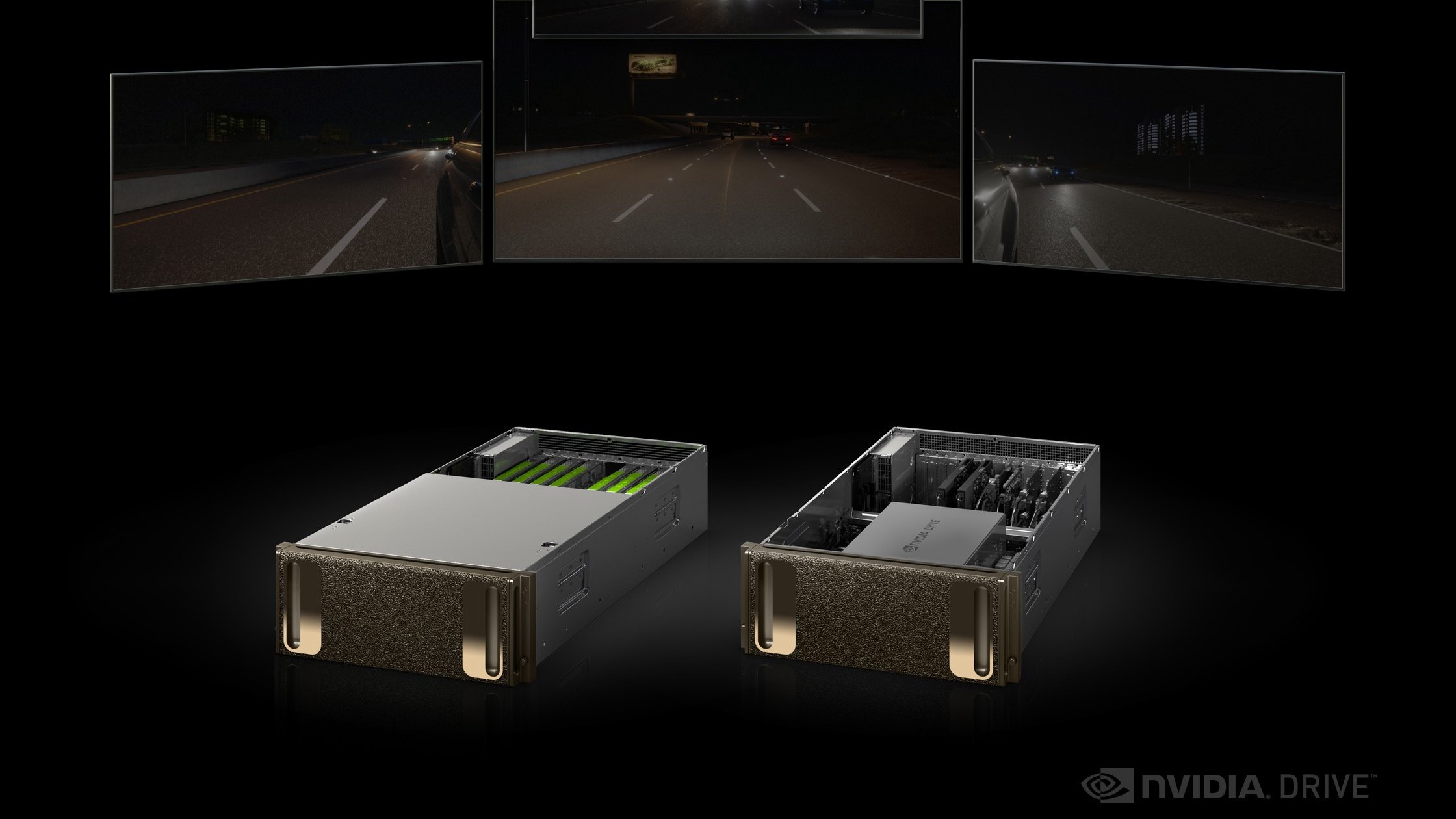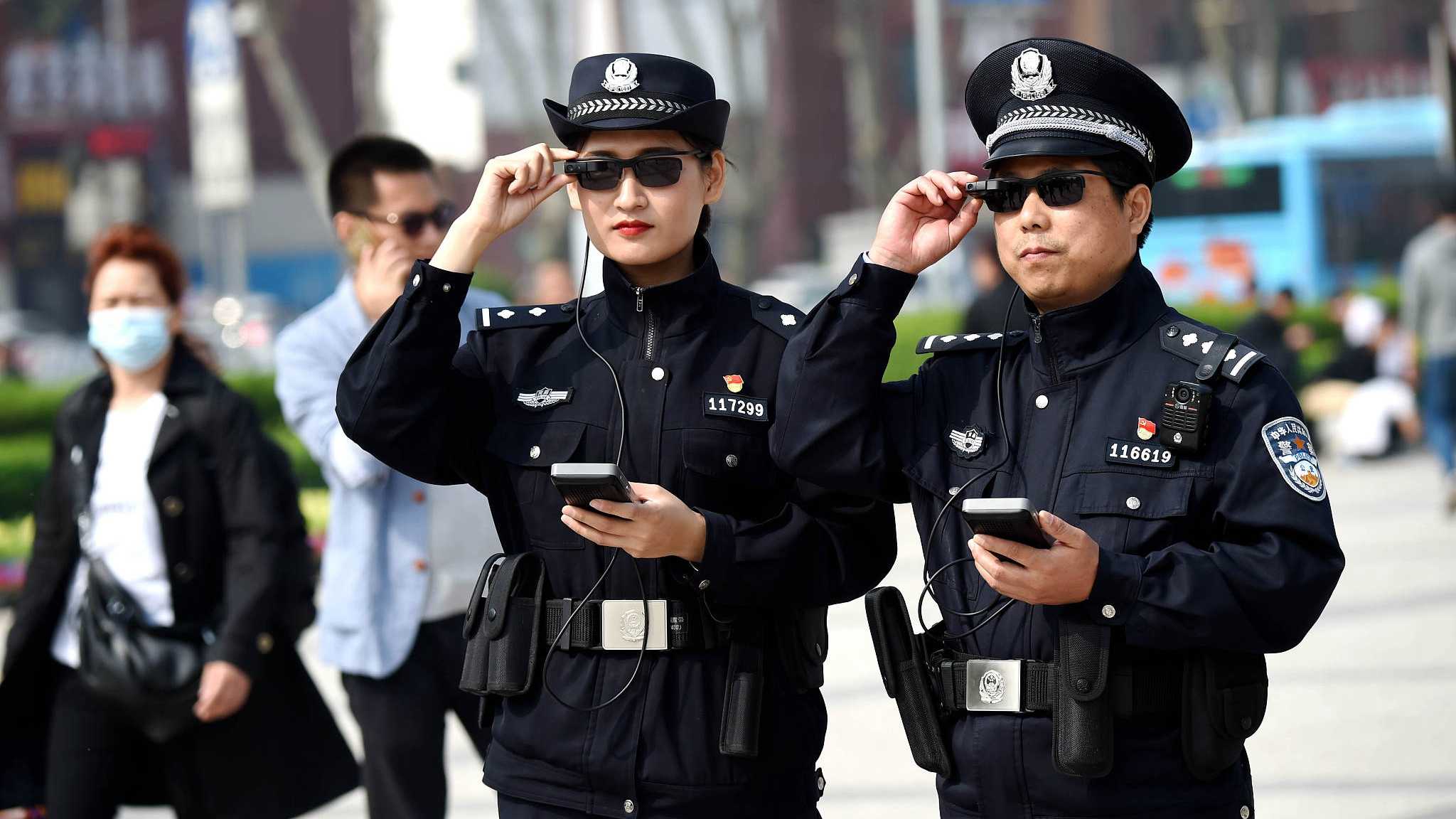
(Photo: CGTN)
A list of leading futuristic technologies were awarded at the fourth China International Big Data Expo on Saturday in Guiyang, capital of southwest China's Guizhou Province. Standing out from 526 candidates across the world, the 11 awarded technologies are representations of big data concepts.
Tencent: AI big data platform for financial security
Companies in financial regulation sectors can take advantage of this platform to solve their incapability in terms of data processing, algorithm, and computing when dealing with companies data. They can also block illegal money transferring online at an early stage by analyzing the data model.
IBM: World’s smallest computer

World’s smallest computer from IBM. (Photo: IBM)
Early this year, IBM launched a microscopic device which is about one square millimeter large – tinier than a grain of salt. Though it may be hard to believe, this one is said to be a game-changer in anti-fraud block-chain applications.
Equipped with several hundred thousand transistors, memory chip and a photoelectric detector, the device that costs less than 10 cents to manufacture can monitor, analyze and act on data. When embedded in products, or any other objects, it will make the whole manufacturing-circulation-purchase process transparent, leaving no shadow for counterfeits.
Xiaomi: AI virtual voice assistant – Xiaoai
The voice assistant can use voice commands to translate menus for non-native speakers, provide morning call like a real assistant, update with traffic information, operate messaging apps such as WeChat, and even count sheep if you fail to fall asleep.
Xiaoai has been available in many spin-off products developed by China's tech gaint Xiao Mi, which has business in over 100 fields.

Xiaoai has been available in many spin-off products developed by China's tech gaint Xiao Mi. (Photo: Xiaomi)
Huawei: AI graphic engine service
With the large data scale and computing capability, this service is able to be applied to the scenarios like real-time fraud detection, market precision, social network relationship analysis in the mobile internet era, providing a visualized interactive analytics platform for the users.
Intel: Intelligent hardware technology for home robots
This technology, based on Intel’s heterogeneous computing platform and human-machine interaction software library, enables robots to distinguish environment and people, monitor the daily life of people with mobility difficulties at home.
China Mobile: Wire fraud prevention platform

The fraud prevention platform was established featuring the algorithm of big data machine learning capability. (Photo: VCG)
The fraud prevention platform was established featuring the algorithm of big data machine learning capability, and is capable of keeping a close eye on the vulnerable mobile user groups, such as the older generation, and cutting it from the root.
Secworld: Threat perception system for cyber attack
Secworld’s threat perception system provides a suite of solutions to solve the issue like malware inspection, tracing and attacking, which targets at high-level cyber attacks. The latest generation can help companies visualize the whole process from the attackers’ perspective, which will largely reduce the potential attack in the future.
NVIDIA: Drive Constellation

Drive constellation. (Photo: VCG)
NVIDIA China has developed a self-driving simulator which – with the help of NVIDIA’s graphics processing capacity – is able to create a virtual reality, to run simulation tests on the algorithm of self-driving systems 24 hours a day. This actually offers an alternative to real road testing, only safer.
Institute of Software, Chinese Academy of Sciences: SM2 and SM9 digital signature algorithms
Released by the Office of Security Commercial Code Administration, the SM2 and SM9 digital signature algorithms are standards that used to ensure the authenticity of identity, data integrity and non-repudiation of behavior. They are important in terms of protecting the cyberspace and building the information technology system that is trusted and controllable.
Beijing Genomics Institute: Predict risks of disease occurrence
Beijing Genomics Institute (BGI) is incorporating big data on human genomes into clinical medicine to help predict risks of certain disease occurrence, so to better prevent or treat it. The cooperation between BGI and Alibaba Cloud has given birth to a cloud computing platform, BGI Online. Big data and artificial intelligence technology enable the platform to compare millions of samples with tumour genetic characteristics, making it possible to identify tumour signal by data from non-invasive gene tests.
Sensingtech: Face recognition big data system

Police officers wear glasses with facial recognition during patrol duty. (Photo: VCG)
Sensingtech facial recognition system can collect facial features, both in person and in image, and compare them with those saved in the database, to quickly and correctly identify someone. When connected with public security data systems, it saves the work of manual check that usually takes days and weeks to a few seconds by giving quick match and even pre-warning. Facial recognition glasses that have helped China’s police identify fugitives are an application of such technology.


